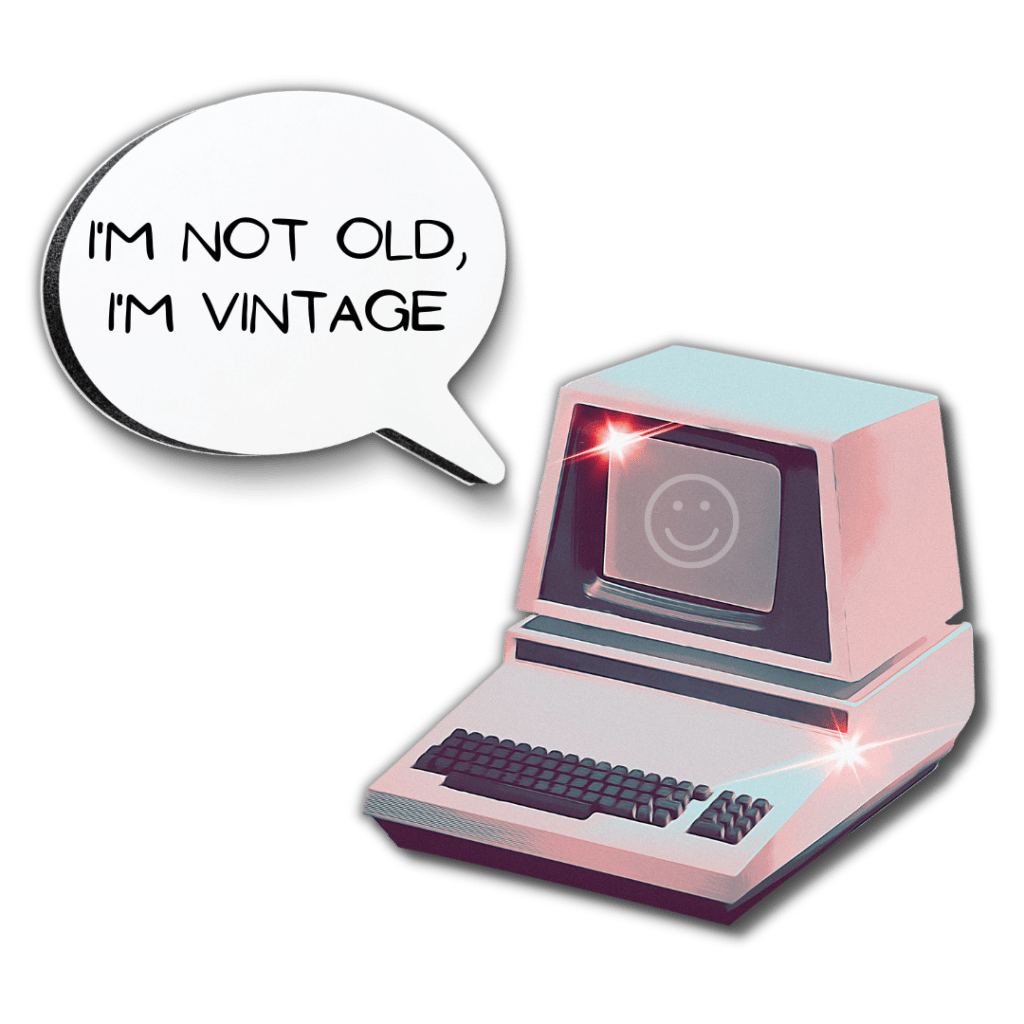Convergence of IT & Programming
When I tell people that I work in IT, they often assume that I know how to code. Programmers are an entirely different breed of nerds from IT professionals. You might say programmers are the creators, while we are the mechanics. We don’t create the programs – we provide and maintain the infrastructure to run them.
However, for the first time in my 20-year IT career, I’m finding myself code.
Coders started “doing IT” in the recent years with a trend called “dev-ops.” The movement was borne out of programmers’ frustration with their dependence on IT, and their desire to spin up servers quickly without waiting for the “other” nerds in their organization.
In a reversal of roles, I’m finding myself doing “ops-dev.” My frustration is borne out of the lack of good software written for MSPs. There are pretty much three big players out there eating up all the rest: Kaseya, Solarwinds, and ConnectWise.
Kaseya is where good software goes to die
Kaseya has been infamous for almost always having terrible customer service. Now they’re on an acquisition tear, buying up anything and everything that’s good: IT Glue, Datto, RapidFireTools…the list goes on.
https://www.kaseya.com/merger-acquisition-strategy/
I think consolidation in general is a bad thing. I won’t go on a rant about how corporate America kills innovation in the crib through acquisitions, but let’s just say when a terrible company acquires a great company, it’s likely that the terrible will rub off on the great, not the other way around.
Security nightmare
Two of the most infamous cybersecurity disasters in recent memory has involved Kaseya and Solarwinds. In both cases, hackers were able to insert themselves into the source code, thereby infecting the MSPs that rely on them. Then, the hackers were able to spread to the MSPs’ clients in a nightmarish supply chain attack.
This shouldn’t be a surprise to anyone who understands security. How can you be expected to secure your product if you grow by rapid acquisitions and dump a pile of dissimilar code on your own development team?
Where to go from here?
One option is to stick with software written by smaller players. We use Atera and we’re big fans. The development team seems really engaged and support is excellent. However, most RMM software right now are still focused on on-prem maintenance. There’s little or no automation offered for administering Microsoft 365 products.
Microsoft has done tremendous work to expose their API through Microsoft Graph. Anyone with programming chops should be able to automate their workflow by writing code that interacts with Graph, but I emphasize should because… how many IT professionals know how to code?
That, my readers, is what I aim to journal moving forward.
I find it amusing that at age 43, I’m learning how to code. It’s good to know that there’s still some plasticity left in my brain. Hopefully my journey will be useful to the IT professional community, and give hope to those out there who have always wanted to learn to code.

Last Post: Canva: Easy Business Video Presentations in Under 1 hour
